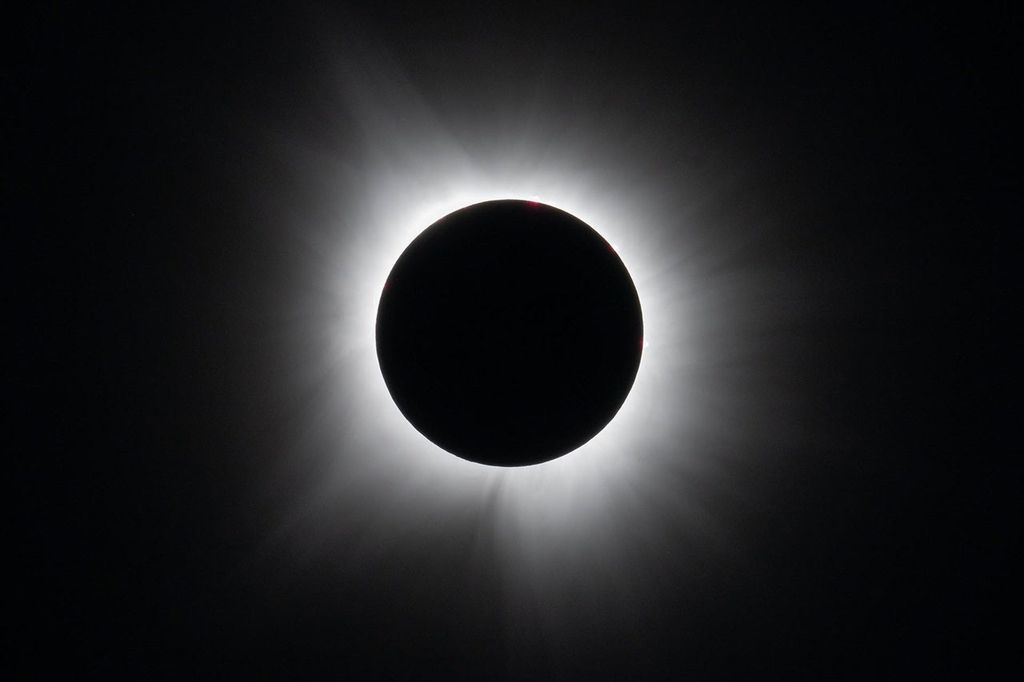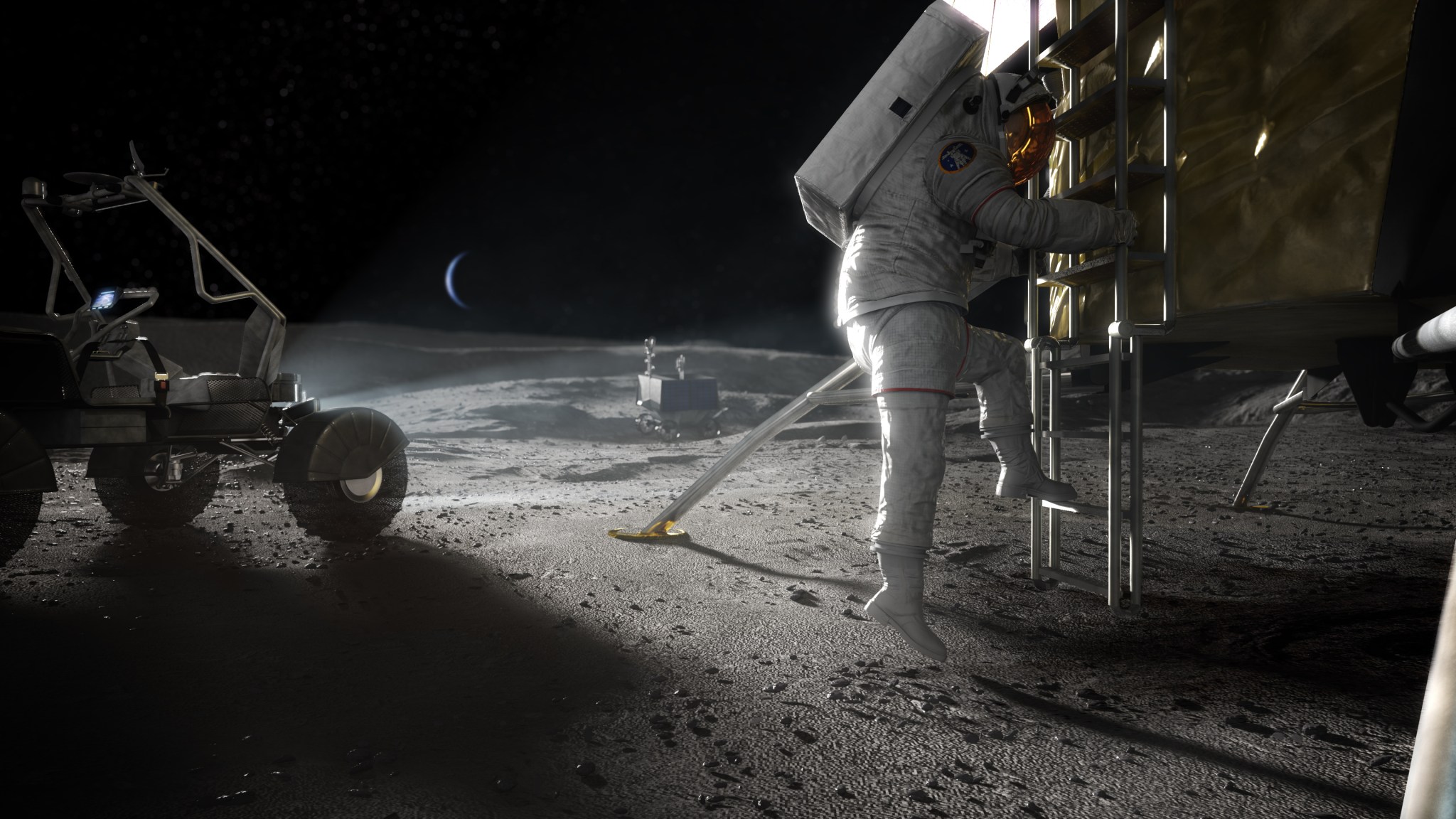NASA’s Human Research Program selected a proposal to help protect astronaut health and performance during lunar landings for future Artemis missions. Astronauts’ sensorimotor systems adapt to microgravity in transit to their destination, which affects their ability to respond to gravitational cues. Upon arrival, astronauts need to rapidly adjust to the presence of gravity once again, using this and other cues to safely maneuver.
This proposal will investigate novel sensorimotor countermeasures to predict and mitigate spatial disorientation during lunar landings using computational modeling. This project will contribute to NASA’s long-term plans, which include crewed missions to the Moon and Mars.
Dr. Torin Clark, Assistant Professor at the Department of Smead Aerospace Engineering Sciences, University of Colorado Boulder, will assess the efficacy of a novel sensorimotor countermeasure to detect pilot spatial disorientation during simulated lunar landing and mitigate resulting impairments to the pilot’s control of the vehicle. This investigation aims to demonstrate the benefits of triggering an active countermeasure to reduce disorientation during partial gravity landings in real-time. The study will use the Disorientation Research Device, a state-of-the-art motion simulator at Naval Medical Research Unit Dayton, to predict and improve spatial disorientation.
This proposal is very timely, with increased concern over the sensorimotor risk in space flight for future Artemis missions. Evaluation of this program as preflight training has the potential to add to the current suite of spaceflight countermeasures for human health and performance. The full title of this proposal is, “Detecting Pilot Spatial Disorientation to Trigger Active Countermeasures during Lunar Landing,” and it will receive $800k over the course of three years.
This project was selected from 41 proposals received in response to the 2020 Human Exploration Research Opportunities Appendices E and F. Science and technology experts from academia, government, and industry independently reviewed the proposals.
The Human Research Program works to address the practical problems of spaceflight that impact astronaut health. Its research provides knowledge and technologies that could improve human health and performance during space exploration and aid the development of potential countermeasures for problems experienced during space travel.
For more information about NASA’s Human Research Program, visit:

























